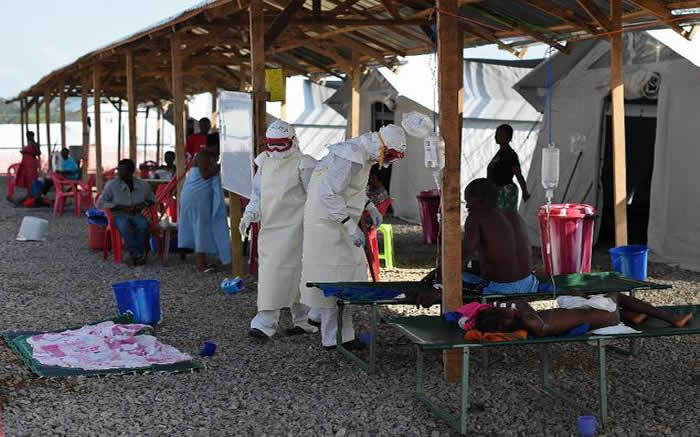The Ebola virus may persist in some men’s semen for nine months after they were initially infected, far longer than previously thought, according to preliminary research out.
[contentblock id=1 img=adsense.png]
The first long-term study of its kind, published in the New England Journal of Medicine, adds to growing evidence that Ebola can linger in the body, causing health problems for months or even years.

The findings raise new health concerns for the survivors of the Ebola epidemic that has ravaged West Africa since late 2013, killing more than 11,000 people in the deadliest outbreak since the virus was first identified in 1976. “These results come at a critically important time, reminding us that while Ebola case numbers continue to plummet, Ebola survivors and their families continue to struggle with the effects of the disease,” said Bruce Aylward, the World Health Organization’s special representative on the Ebola response.
[contentblock id=2 img=gcb.png]
“This study provides further evidence that survivors need continued, substantial support for the next six to 12 months to meet these challenges and to ensure their partners are not exposed to potential virus.” In March, researchers published a study describing the case of a Liberian woman infected with Ebola through sex with a survivor — six months after his infection was diagnosed. “Before this case, the furthest into convalescence that Ebola virus had been isolated from semen was 82 days,” said Armand Sprecher, an Ebola expert with Doctors Without Borders. The first known case of sexual transmission of a virus within the Ebola family was documented in 1967 when a woman was infected with Marburg virus through sex with her husband, six weeks after he recovered, Sprecher added.













